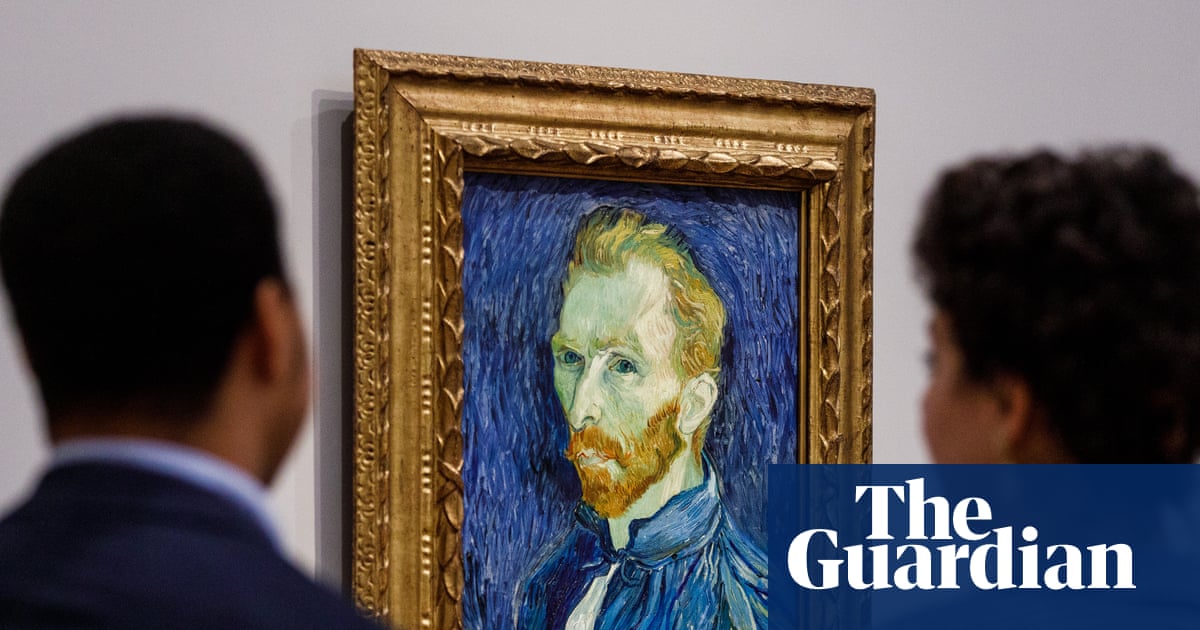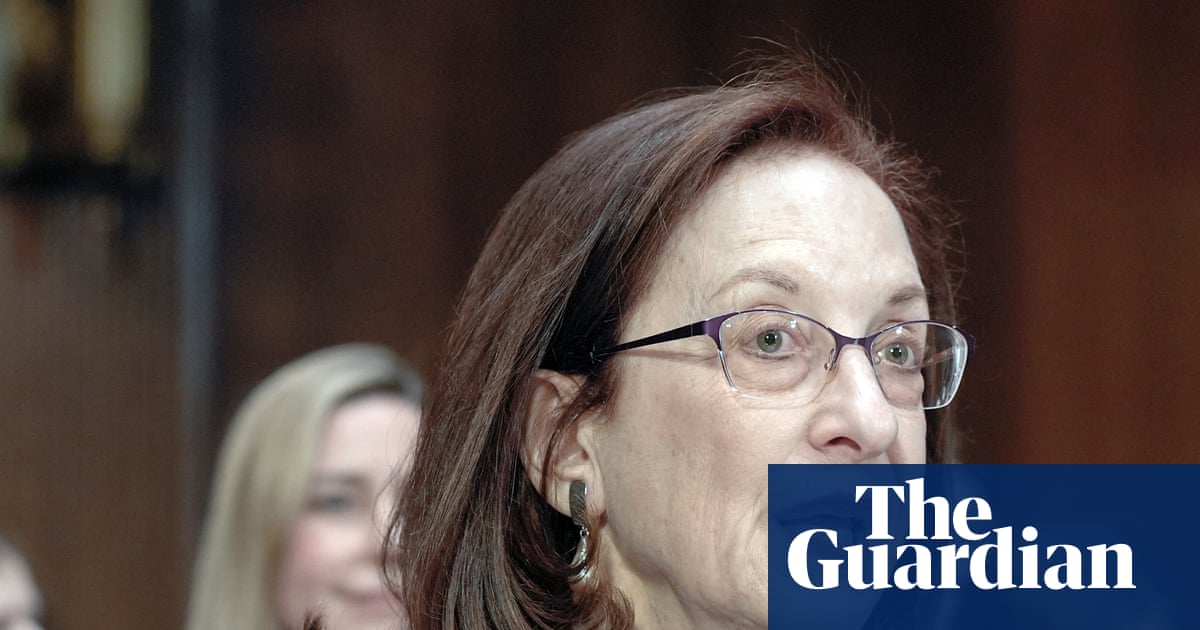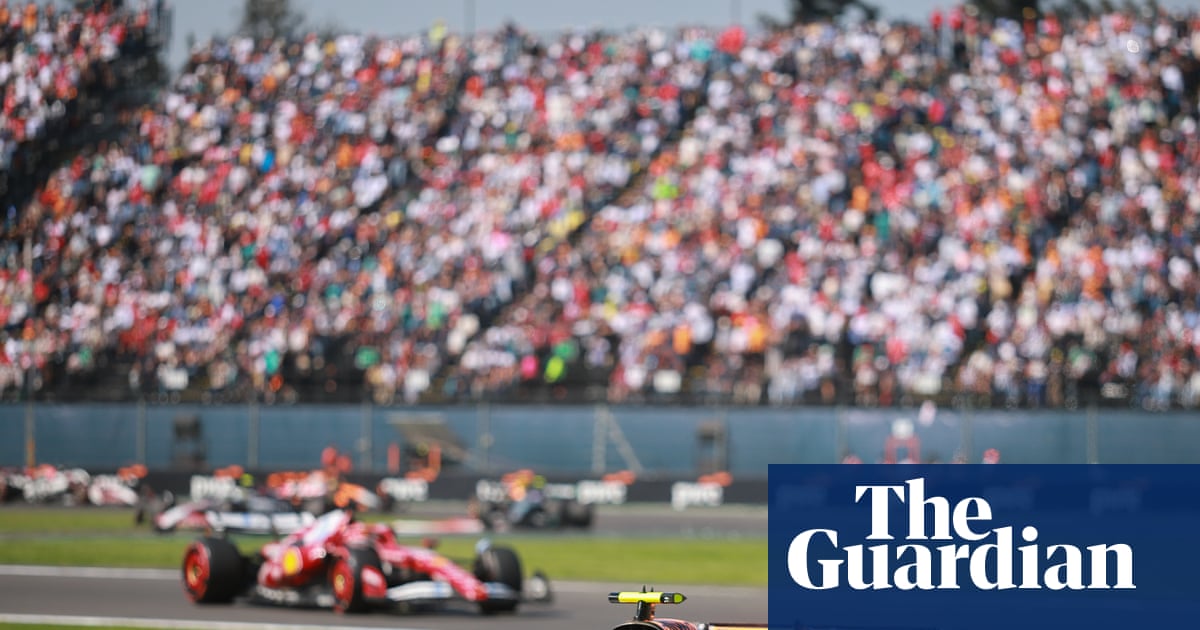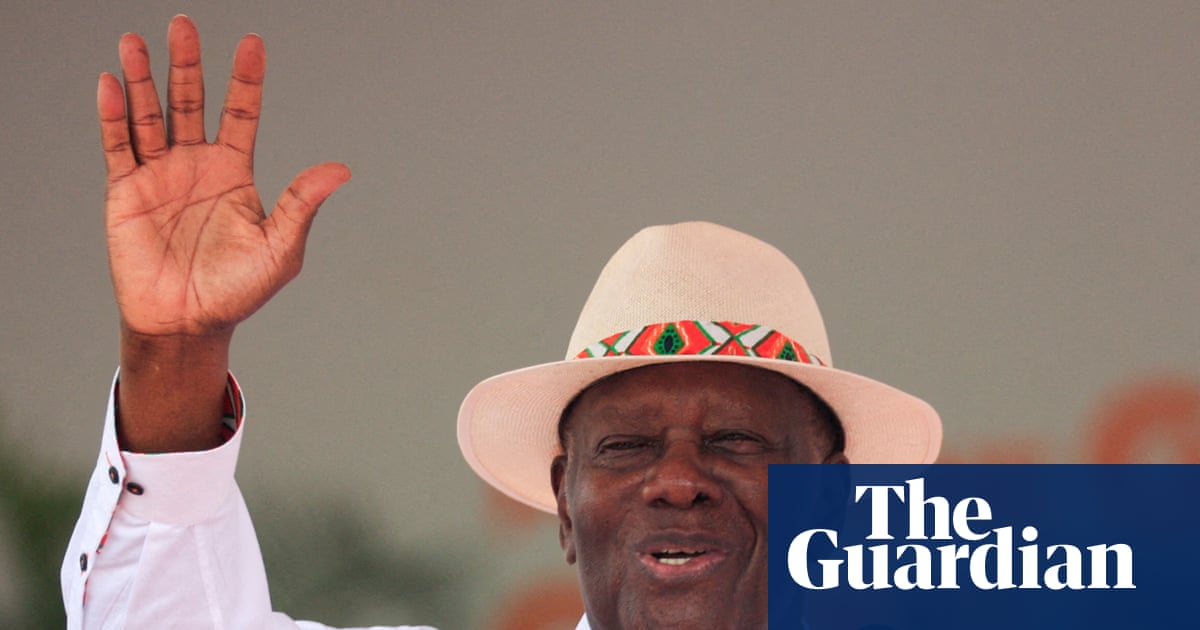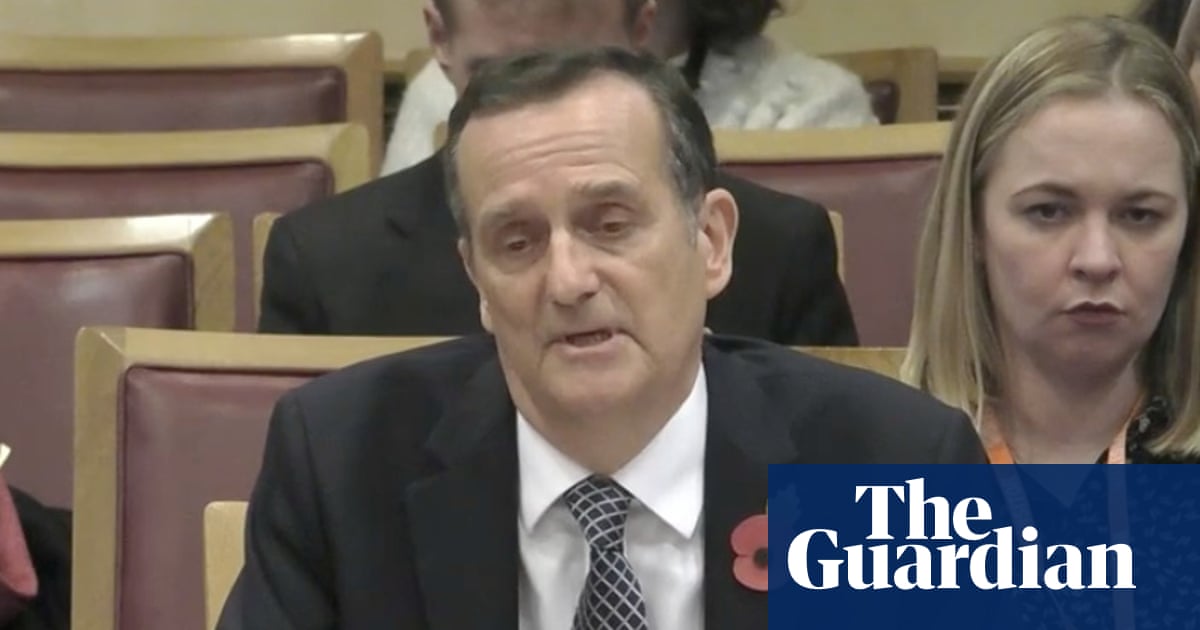The former Italian prime minister Mario Draghi produced his much-awaited prescription for how to reboot Europe’s economy last year. The Draghi report was rightly applauded as a rude awakening for a European Union that is far too complacent about its own obsolescence. Draghi concluded that an €800bn-a-year public spending boost would be needed to end years of stagnation. If Europe did not catch up with its rivals, he warned, it would face a “slow and agonising” decline.
And yet, one ingredient was missing from Draghi’s recipe. In his nearly 400-page roadmap for rescuing the EU, the word “democracy” is mentioned only three times (once in the bibliography). By contrast, “integration” is used 96 times and “defence” 391 times. It’s true that Draghi’s report was explicitly devoted to the future of European competitiveness (and not more widely to the Europe of the future). But if the EU can’t find a way to better engage its citizens, it will be difficult to achieve any more of the integration that Draghi says is indispensable to make a still-fragmented single market more competitive and Europe more capable of defending itself.
One thing is sure: the old method of decision-making that a generation of European leaders relied on is obsolete. We urgently need to reform the EU, but the top-down approach to doing so is no longer fit for purpose.
True, the debate on the “democratic deficit” is as old as the EU itself. Direct elections to the European parliament, the first and only international assembly elected in this way, were introduced in 1979 to respond to the same criticism. However, at least until the end of the last century, the discussion on European democracy was seen as a niche for thinktanks – something nice to have to complete an integration project mostly run by an enlightened elite.
Today, the picture has radically changed: the European parliament’s powers have increased over time, but only about half of people who are entitled to vote in European elections bother to do so. Less than 50% of those vote for the two political “families” (centre-right and socialist) that for decades provided the consensus that the EU project required to function. And no less worryingly, according to a recent survey from Cluster17, a French polling company, the percentages of European citizens who say the EU is not democratic and instead describe it as bureaucratic and disconnected are higher among younger age groups (becoming a solid majority among those aged 34 and under).
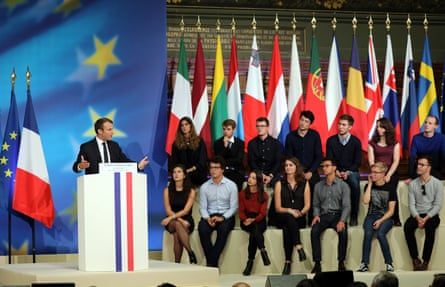
More competitiveness requires a larger EU budget (it currently stands at just 1% of GDP) and more money for European “public goods” (goods for which there is a clear economic case for producing them at EU level, for example, satellite-based telecommunication services or trans-European high-speed trains). But you can’t ask for new taxation to fund joint EU spending without more representation. More common defence should be a commonsense direction given the existential threats that Europe is facing and the inefficiencies that running 27 military budgets imply. However, it requires a sufficiently wide public perception that such spending is going to benefit every citizen of the community we want to defend.
And yet, surprisingly perhaps, according to Cluster17’s poll, younger people feel less European even than their parents, preferring to call themselves citizens of the world.
Without a European demos, it will be difficult to create an EU army – if that is what emerges from the debates on security – but also a real European democracy. And if we have neither citizenship nor engagement, we risk a political backlash like the ones we have seen on the green deal or the austerity measures that came after the global financial crash and the eurozone crisis, even when the policies are theoretically right.
Last month about 100 policymakers, politicians, journalists, academics and students from all the major European countries (EU and beyond) gathered in Siena to consider how a Europe of the future could deal with some of its biggest challenges, such as common defence, the threat posed by global trade wars and AI. The outcome is a paper that prioritises identifying ways to better engage voters in each of the big decisions.
A recent European Commission initiative – a citizens’ panel in which 150 randomly selected EU citizens were enlisted to help the EU decide how to spend its money in the future – was considered a good start.
But the conference in Siena identified changes that will be essential if citizens’ recommendations are to be included in a systematic way. In EU budgetary decision-making for example, the language must change so that citizens can understand what goal is being achieved in any spending plans. The budgetary logic must be “zero based” (which in accountancy parlance means not decided on the basis of incremental adjustments to past spending). Such an approach could ensure that “participatory democracy” becomes a mainstream instrument of EU policymaking.
No less crucial is a set of “positive actions” that a group led by Luca Verzichelli of the University of Siena drew up to promote the European demos. The most eye-catching proposal – and one that attracted the broadest consensus – was to make the Erasmus student programme free and mandatory for all EU students in secondary and tertiary-level education.
A quarter of the money spent by the EU on farmers would be enough to cover an expanded version of Erasmus, the Vision thinktank that convened the Siena conference calculates. I have no doubt the results would be more transformational.
The democracy deficit is not just a European problem. Representative institutions are suffering more broadly from what seems to be a form of technological obsolescence. The internet has massively altered the control of information, which is power. This requires a radical transformation of the mechanisms through which power is acquired, restrained and exercised; and of the instruments we use to transmit individual preferences and convert them into collective choices.
The EU needs more clarity about what it is for, and it needs to go well beyond superficially involving citizens to give its messages cosmetic legitimacy. But it has the paradoxical advantage of being an unfinished project. This means it has the flexibility to experiment with new forms of participation, policymaking and citizenship. It must urgently acknowledge that the only way to protect democracy is to adapt its forms to a radically different technological context.
-
Francesco Grillo is a visiting fellow at the European University Institute, Florence and director of the thinktank Vision

 3 months ago
51
3 months ago
51




